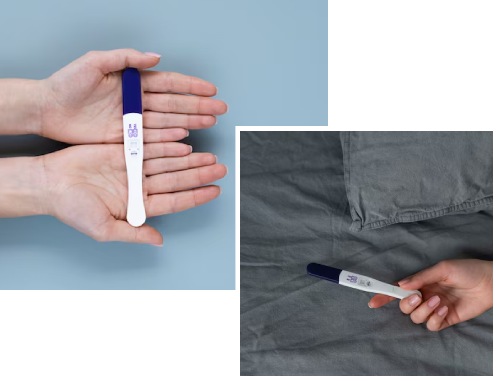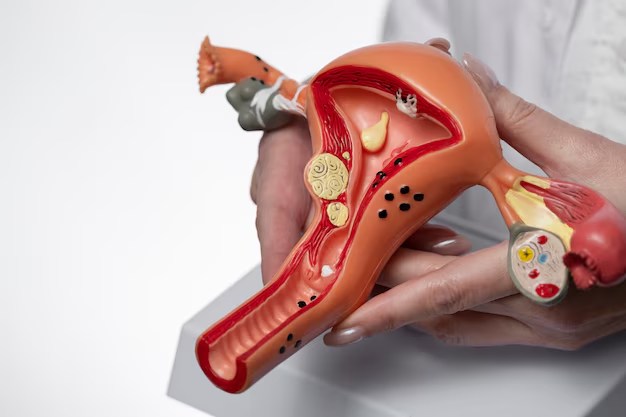Infertility Management Doctor in Dumdum, Kolkata
Struggling to start a family despite trying for a while can be emotionally draining, but you are not alone in this journey. Infertility is a common medical condition affecting many couples worldwide. If you and your partner have been attempting to conceive for over a year without success, it might be time to explore infertility management options.

Understanding Infertility
Common Symptoms of Infertility
How Is Infertility Diagnosed?
In some cases, infertility may be due to problems with ovulation, blocked fallopian tubes, or sperm issues. However, in about 5-15% of cases, no clear cause is identified.


When to See a Doctor?
If you’ve been trying to conceive without success, it’s essential to consult a doctor for infertility management. Women should consider seeing a specialist if they experience:
- Irregular or absent menstrual cycles
- Painful periods
- History of fertility problems
- Diagnosed conditions like endometriosis or pelvic inflammatory disease
- Multiple miscarriages
- Cancer treatments
Causes of Infertility
The causes of infertility vary between men and women. Let’s break it down.
Male Infertility

Abnormal Sperm Production

Issues with Sperm Delivery

Exposure to Environmental Factors

Damage from Cancer Treatments

Confused about your treatment options?
Book Appointment
Female Infertility

Ovulation Disorders

Uterine or Cervical Abnormalities

Blocked Fallopian Tubes

Endometriosis

Pelvic Adhesions

Cancer and Its Treatments

 8282867107
8282867107 sukhamoy83@gmail.com
sukhamoy83@gmail.com